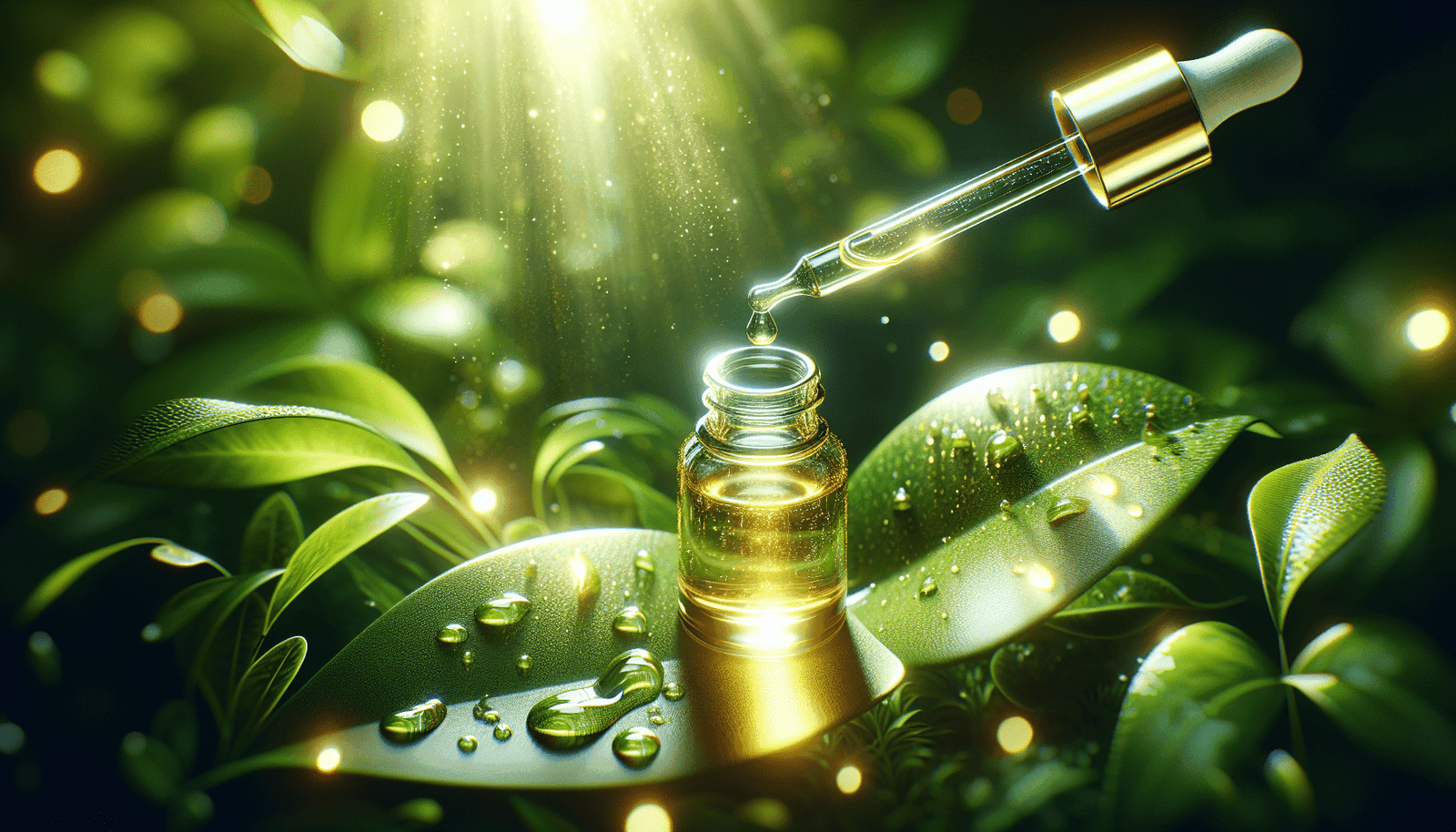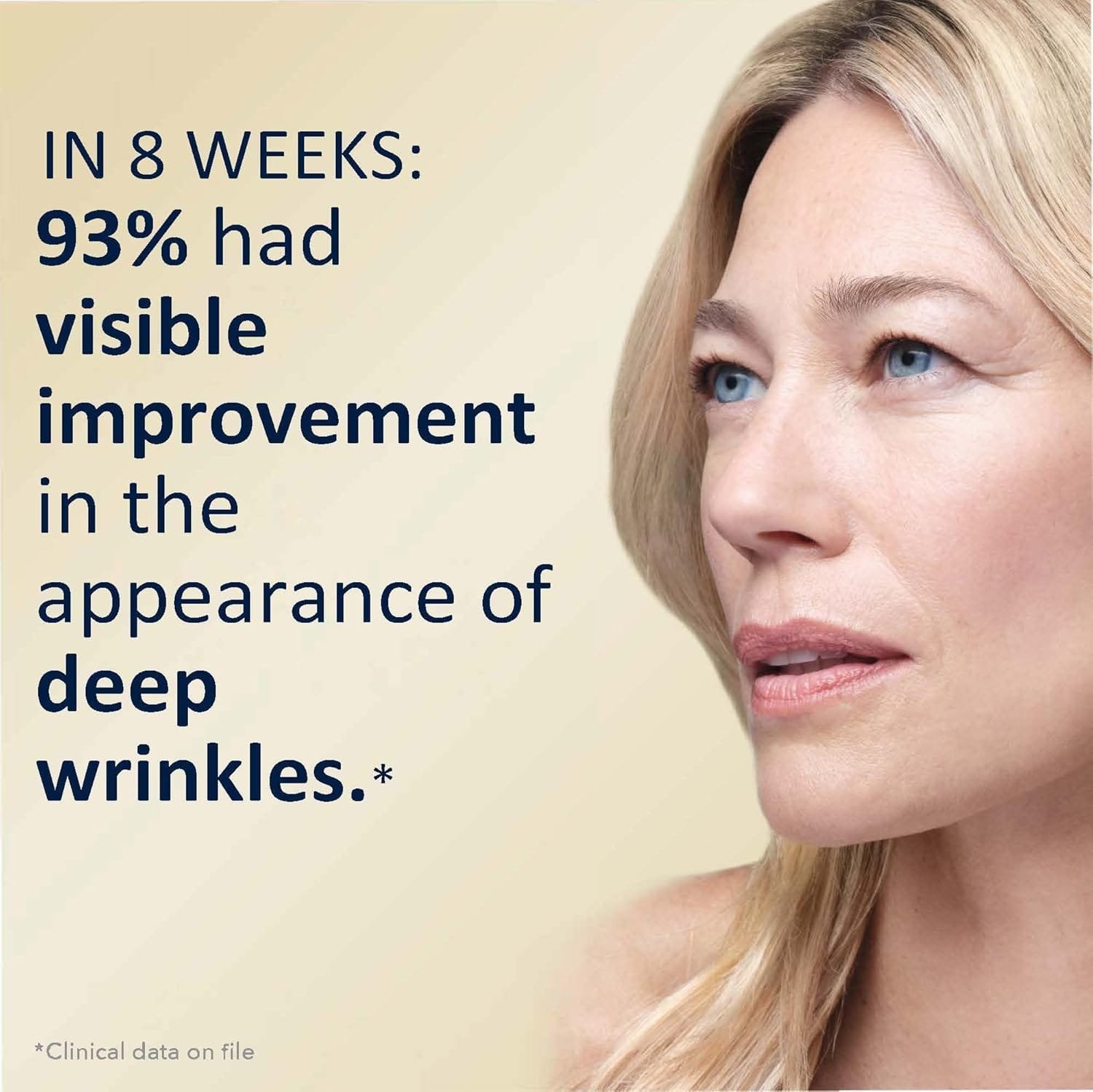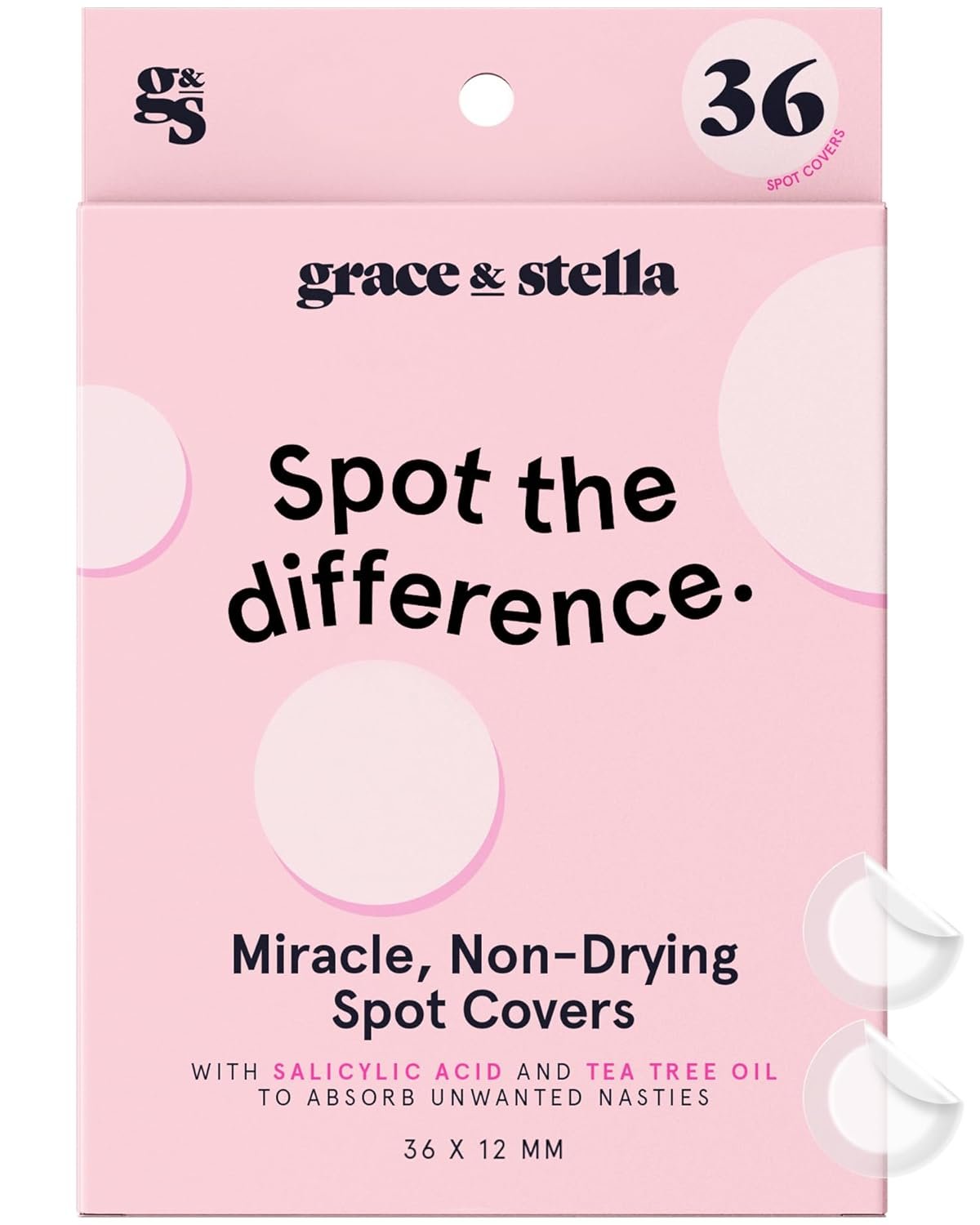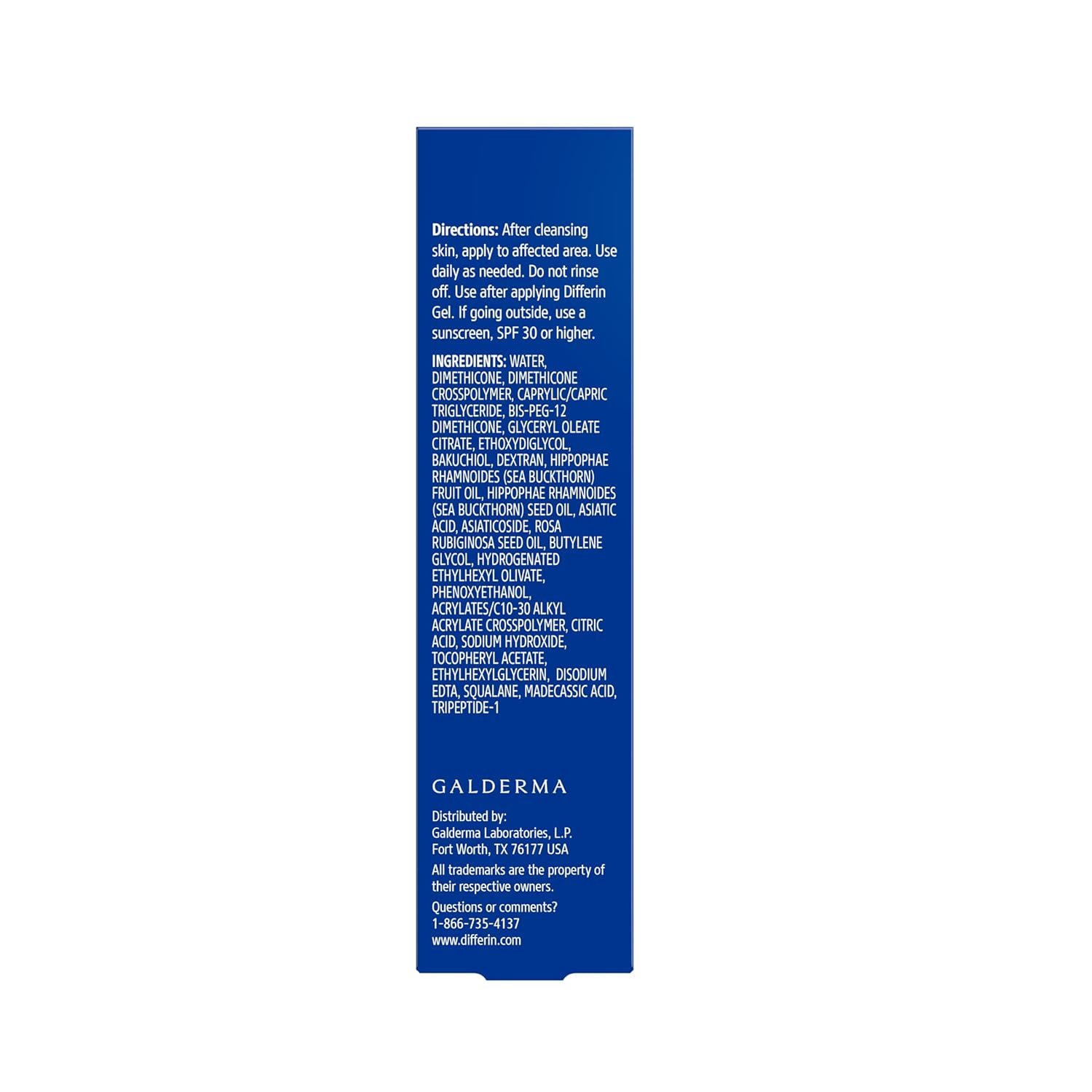Have you ever wondered why some people seem to have effortlessly clear and radiant skin? The truth is, achieving that glowing complexion often comes down to having the right skincare routine. Your skin is your largest organ, and taking good care of it is essential not just for your appearance but for your overall well-being too. Sometimes, the world of skincare can feel a bit overwhelming, with so many products and routines vying for your attention. However, understanding and selecting a few key essentials can dramatically simplify the process.
Clear, glowing skin is not just about vanity; it reflects health, vitality, and self-care. There’s something beautifully empowering about knowing you’re investing in yourself, and skincare is one streamlined path to achieving that feeling of empowerment. Let’s explore these essential elements that can transform how you look and feel.
Understanding Your Skin
Before diving into specific products, it’s crucial to comprehend your unique skin type. Knowing your skin type can guide your skincare purchases and ensure that you are using products that harmonize with your natural needs.
Skin Types
-
Oily: This skin type often appears shiny and can have larger visible pores. Oiliness is due to an overproduction of sebum, the skin’s natural oil.
-
Dry: Dry skin may feel tight or appear flaky. It often lacks the lipids needed to retain moisture or build a healthy protective barrier against external elements.
-
Combination: As the name suggests, a combination skin type includes areas that are both dry and oily. Typically, you’ll find oiliness in the T-zone (forehead, nose, and chin) with drier cheeks.
-
Sensitive: Sensitive skin easily reacts to products, sun exposure, or temperature changes, often resulting in redness or irritation.
-
Normal: This skin type is well-balanced, not too oily or too dry, with small pores and smooth texture.
Take a moment to assess your skin: Does it itch or get red? Does it shine by midday? Does it feel tight after washing? Your answers can guide your choice of skincare essentials.
Cleanser: The Foundation of All Skincare Routines
The first step in any effective skincare routine is cleansing. Properly cleansing your skin removes dirt, oil, and impurities, allowing the rest of your skincare products to perform more effectively.
Types of Cleansers
-
Gel Cleansers: Ideal for oily and acne-prone skin, gel cleansers are effective at deeply cleansing and decongesting.
-
Cream Cleansers: Suitable for dry and sensitive skin, cream cleansers are nourishing and soothing, providing hydration while removing dirt.
-
Foam Cleansers: Perfect for combination and oily skin, foam cleansers can offer a thorough clean without leaving skin feeling tight.
-
Oil Cleansers: Effective for most skin types, especially for makeup wearers, oil cleansers can dissolve cosmetics and other impurities gently.
Choosing the right cleanser sets the tone for your entire skincare routine. For instance, if your skin feels parched after cleansing, you might opt for a hydrating cream cleanser.
Exfoliant: Unveiling Fresh Skin
Exfoliation is the process of removing dead skin cells from the surface. It helps with cell turnover, leaving your skin looking fresh and rejuvenated.
Types of Exfoliants
-
Physical Exfoliants: These involve a granular substance, like a scrub, to slough off dead skin. Often these are used less frequently and with caution to prevent microtears.
-
Chemical Exfoliants: They use acids like AHAs (alpha-hydroxy acids) and BHAs (beta-hydroxy acids) to exfoliate without scrubbing. They penetrate deeper into the skin and are ideal for many skin types, including sensitive skin.
AHA vs. BHA
-
AHA (e.g., glycolic acid): Water-soluble and works on the skin’s surface, best for sun-damaged and dry skin.
-
BHA (e.g., salicylic acid): Oil-soluble, penetrates further, best for acne-prone and oily skin.
Incorporating the right kind of exfoliant into your routine depends on your skin’s needs. Gentle, consistent exfoliation can help even out your skin texture and prevent clogged pores.
Serum: A Targeted Approach to Skin Concerns
Serums are packed with potent ingredients and designed to target specific skin concerns like aging, pigmentation, or dryness.
Types of Serums
-
Vitamin C Serum: Brightens skin, evens skin tone, and provides antioxidant protection.
-
Hyaluronic Acid Serum: Intensely hydrates, ideal for dry or dehydrated skin.
-
Retinol Serum: Known for its anti-aging properties, reduces fine lines and boosts collagen.
-
Niacinamide Serum: Benefits include improving skin elasticity and reducing redness.
Choosing the Right Serum
To determine the best serum for you, consider what concerns you the most. Do you want to address aging, fairness, or hydration? A carefully chosen serum can drastically improve your skin’s appearance by delivering active ingredients directly to your skin.
Moisturizer: Sealing in Goodness
Moisturizing is the act of hydrating and locking in your skin’s natural moisture, and it’s vital for all skin types.
Types of Moisturizers
-
Gel Moisturizers: Great for oily and combination skin, they are lightweight and not too heavy.
-
Cream Moisturizers: Best for dry or mature skin, providing deep hydration.
-
Lotions: Suitable for normal to slightly dry skin, offering a balance between gel and cream moisturizers.
-
Ointments or Balms: Ideal for extremely dry skin, particularly in harsh weather conditions, creating an effective barrier to retain moisture.
Each moisturizer is specially formulated to cater to different needs. Picking the right one ensures your skin remains supple, soft, and protected.
Sunscreen: Your Protector from Damage
Often overlooked yet vitally important, sunscreen can protect your skin from harmful UV rays, preventing premature aging and reducing the risk of skin cancer.
Types of Sunscreens
-
Chemical Sunscreens: Absorbed into your skin, they absorb UV rays themselves.
-
Physical (Mineral) Sunscreens: Sit on top of the skin and reflect UV rays away — excellent for sensitive skin.
SPF and Usage
The SPF number determines the level of protection from UVB rays. As a general rule, SPF 30 is suitable for daily use, while SPF 50 provides more protection during prolonged sun exposure.
Applying sunscreen daily, rain or shine, dramatically impacts long-term skin health. It should be the last step in your daytime skincare routine.
Building Your Routine: Putting It All Together
Now that you’re equipped with an understanding of skincare essentials, how do you put everything into practice? A simple routine combining these components can be effective regardless of your skin type.
Morning Routine
| Step | Function |
|---|---|
| Cleanser | Removes overnight oils and impurities |
| Serum | Targets morning-specific skin issues |
| Moisturizer | Hydrates and preps skin for the day |
| Sunscreen | Protects from sun exposure throughout the day |
Evening Routine
| Step | Function |
|---|---|
| Cleanser | Cleans off makeup and daily grime |
| Exfoliant (2-3 times a week) | Removes dead skin cells for renewal |
| Serum | Allows overnight repair and rejuvenation |
| Moisturizer | Provides hydration and repair overnight |
Listening to Your Skin
A brilliant complexion doesn’t solely rely on products; it requires listening to your skin and responding to its needs. Monitor how your skin reacts to different products, adjust accordingly, and provide it with the care it requires, whether it’s a little more hydration or a break from exfoliants.
Every face is a canvas, and your skincare routine should sculpt it into its healthiest and most radiant form. Your pathway to clear and radiant skin lies not in hundreds of products but in carefully selected essentials tailored to your skin’s nature. Through understanding, nurturing, and a touch of patience, your skin can be the beautiful, confident expression of who you are.



